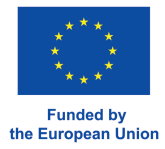Project Coordinator
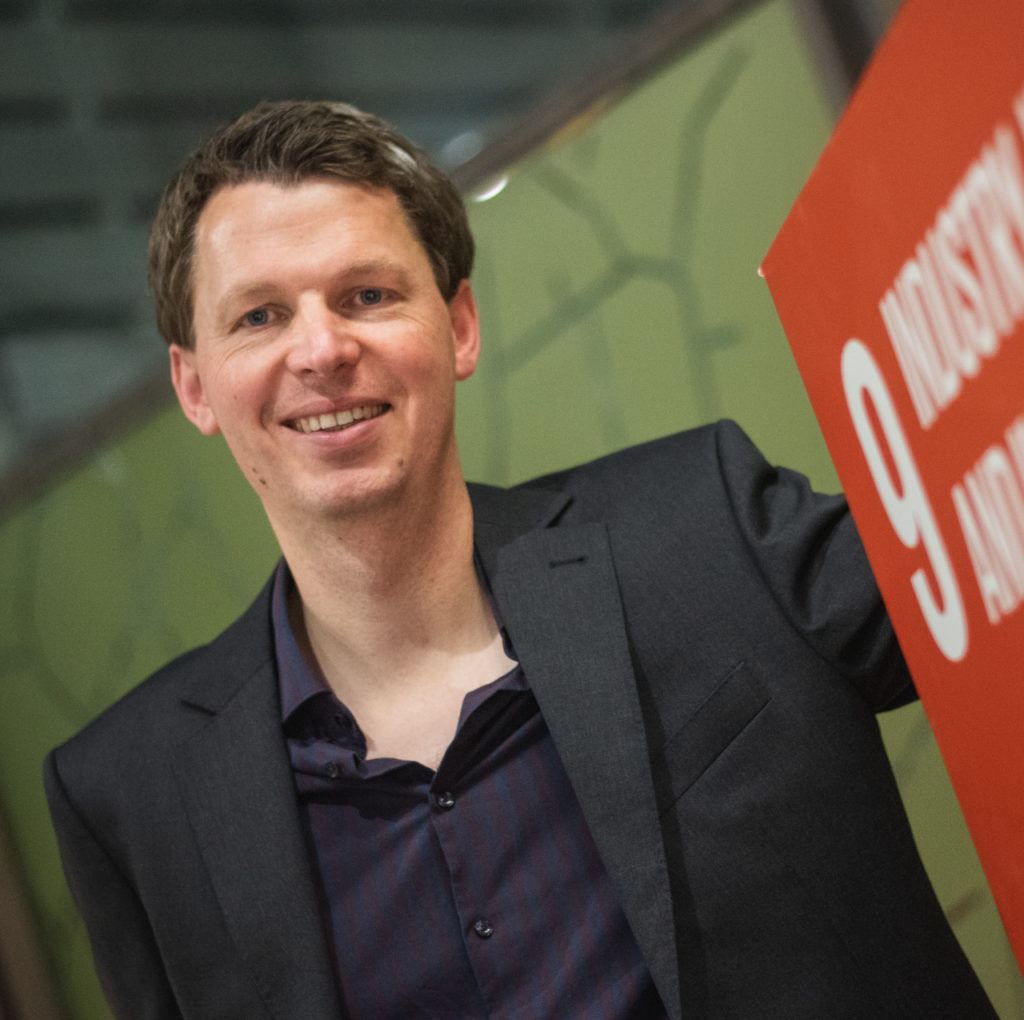
Stefan Jänicke
I am a Professor of Data Science at the department of mathematics and computer science at the University of Southern Denmark (SDU). I hold a PhD degree from Leipzig University. My PhD thesis investigates the utility of visualization techniques to support the comparative analysis of digital humanities data.
During the last few years, I gained experience in developing information visualization techniques and visual analytics tools within a number of interdisciplinary projects. My research interests relate to information visualization with a focus on text- and geo-visualization, visual analytics, and designing visual interfaces to support research in application domains such as digital humanities and biology.
Lead Researchers
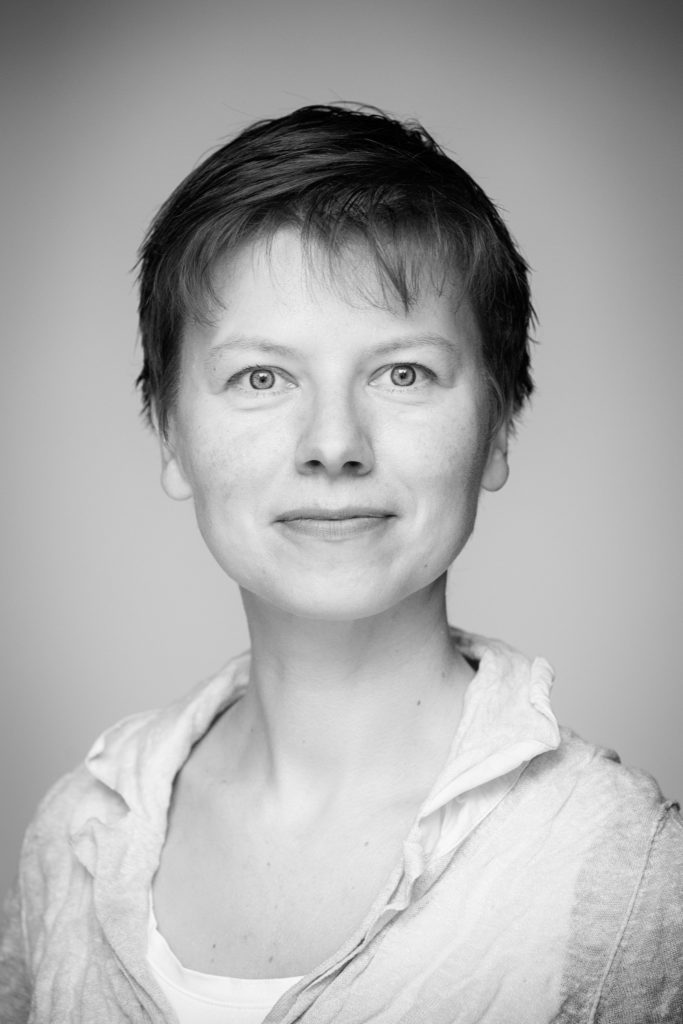
Stephanie Billib
Stephanie Billib has handled press and public relations for the Lower Saxony Memorials Foundation since 2009. She is the point of contact for all press inquiries relating to the Bergen-Belsen Memorial and is responsible for the public presentation of the Memorial. Stephanie has a background in history and literature. She has managed the Memorial’s “Digital Strategy” project since 2014, and she also represents the Memorial in the project known as “Houses of Darkness. Images of a Contested European Memory (HICE)” in the context of the Creative Europe-Culture program of the EU. In the MEMORISE project, Stephanie leads the work package on dissemination, exploitation, and communication.
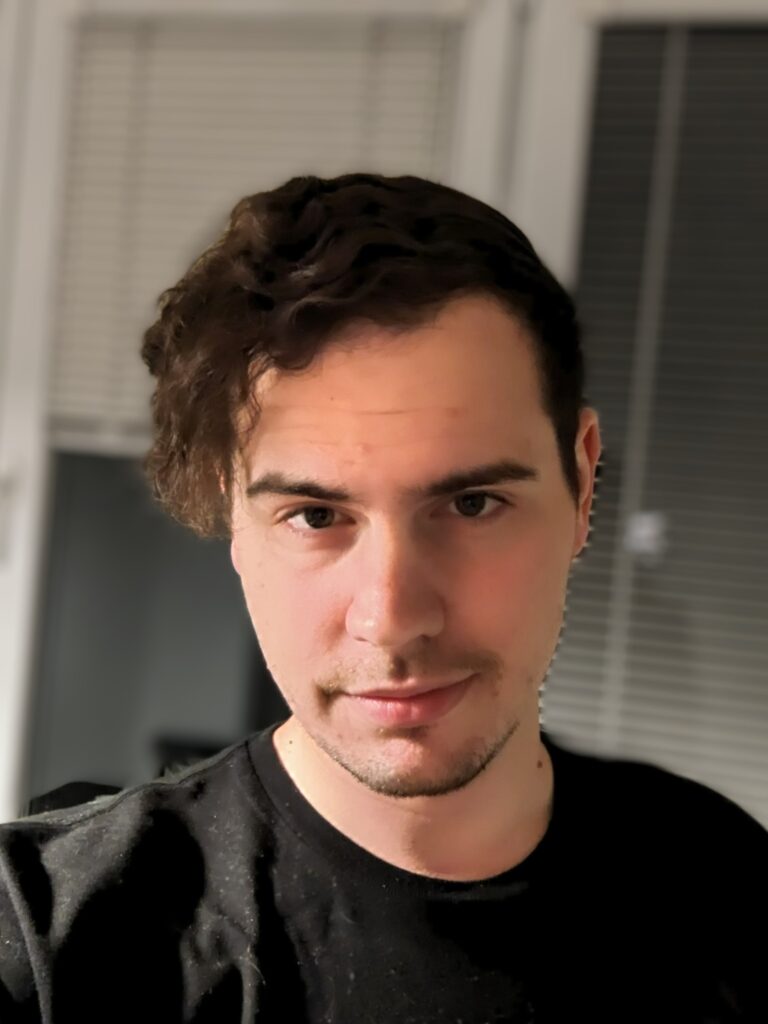
Christopher Brückner
Christopher Brückner is a Ph.D. student at the Institute of Formal and Applied Linguistics at Charles University in Prague. He holds an M.Sc. degree in Data and Computer Science from Heidelberg University and researches techniques in information extraction from domain-specific documents.
Within MEMORISE, he primarily contributes to WP3 with the AI-powered knowledge extraction and semantic annotation pipeline.
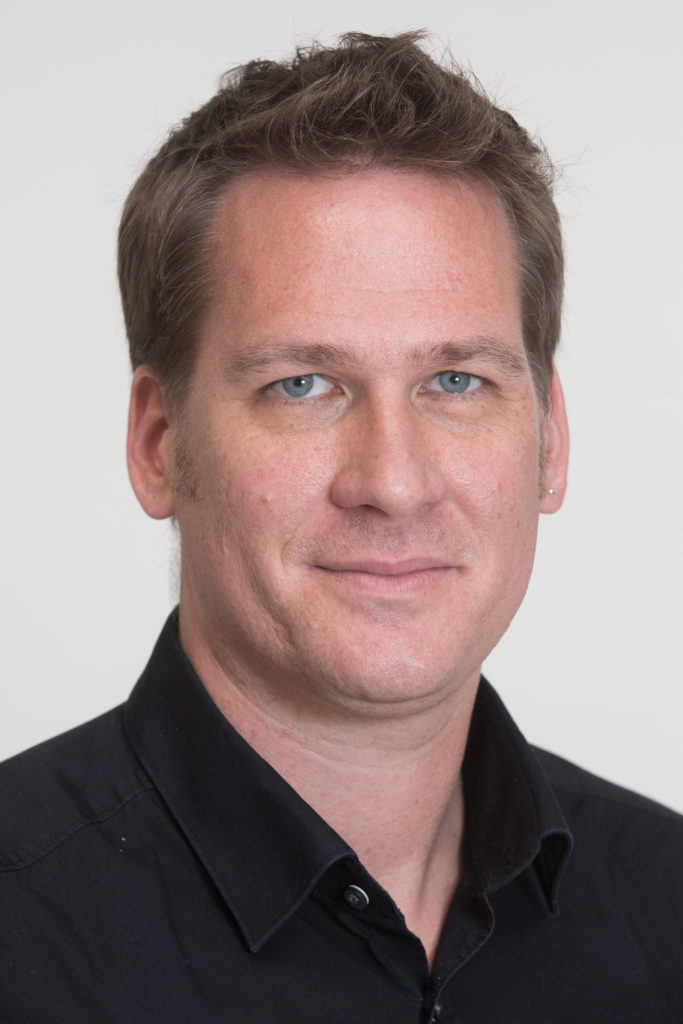
Tobias Ebbrecht-Hartmann
Tobias Ebbrecht-Hartmann, born in 1975, is a Senior Lecturer for Visual Culture, Film, and German Studies at the Department of Communication and Journalism and the DAAD Center for German Studies at the Hebrew University of Jerusalem. He is also the incumbent of the Cardinal Franz König Chair in Austrian Studies. He holds his Ph.D. from the Free University of Berlin and was a research and teaching assistant at the Academy for Film and Television (HFF) in Potsdam (2005–2010) and a Research Assistant and Post-doctoral Fellow at the Interdisciplinary PhD-Program “Media of History – History of Media” at the Universities of Weimar, Erfurt, and Jena (2010–2012). In 2012/13 he was a Research Fellow at the International Institute for Holocaust Research Yad Vashem. 2013–2014 he served at the Film University Babelsberg as a Senior Researcher in the DFG-Research Project “Regional Film Culture”. He has published three books, co-edited four volumes, and published several articles on cinematic and digital memory of the Holocaust in international journals and edited volumes. He was a consortium member of the Horizon 2020 innovation action “Visual History of the Holocaust: Rethinking Curation in the Digital Age” (2019-2023) and is Co-PI of the research project “(Con)sequential Images – An archaeology of iconic film footage from the Nazi era” (2021-2028) funded by the German Research Foundation.
Within MEMORISE Tobias Ebbrecht-Hartmann and his team coordinate the Work Package Evaluation, do research on different forms of digital Holocaust memory, and develop educational, social media, and ethical guidelines.
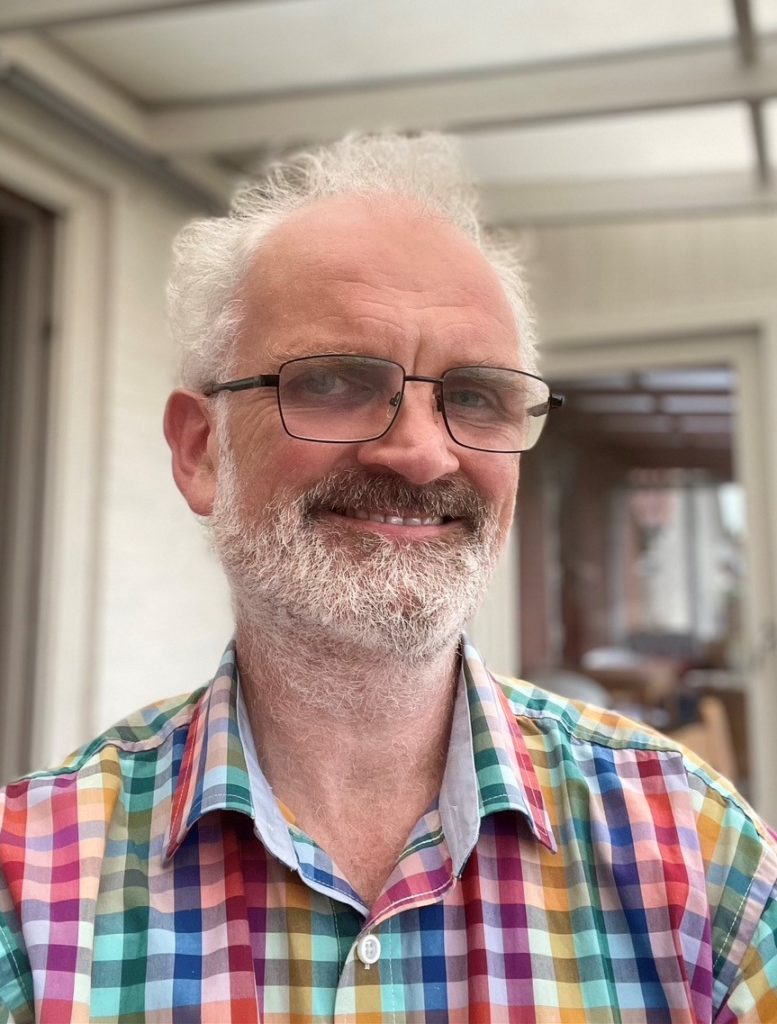
Chris Hall – Chris Hall Design
Chris is an Exhibition Designer with a background in Industrial design, working in Museum exhibition development teams since 1991 in the UK, and Australia and now as a freelance designer in Denmark.
Areas of interest include collaborating with curators, educators, and collection managers in exhibition development, interactive exhibit design, 3D modeling for virtual environments, and the design of visitor experiences. Chris brings knowledge of visitor behavior, and design for public spaces and has extensive practical experience in detailed design, production, and installation processes.
Within Memorise, Chris contributes to WP4, WP6, and WP7, and primarily in WP8 leading tasks 8.5, 8.6, and 8.7 with the design, production, installation, and evaluation of a physical exhibit prototype.
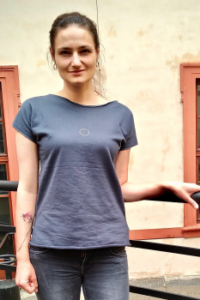
Karin Hofmeisterova
Karin Hofmeisterová is a post-doctoral researcher, lecturer in Holocaust Studies, and coordinator of the Malach Centre for Visual History at Charles University. She specializes in religious institutions in Southeast Europe and their engagement in memory politics. Her research focuses mainly on the memory production of World War II and the Holocaust.
Within MEMORISE, she acts as one of the representatives of the Malach Center for Visual History. She will work primarily on the qualitative curation of processed data.
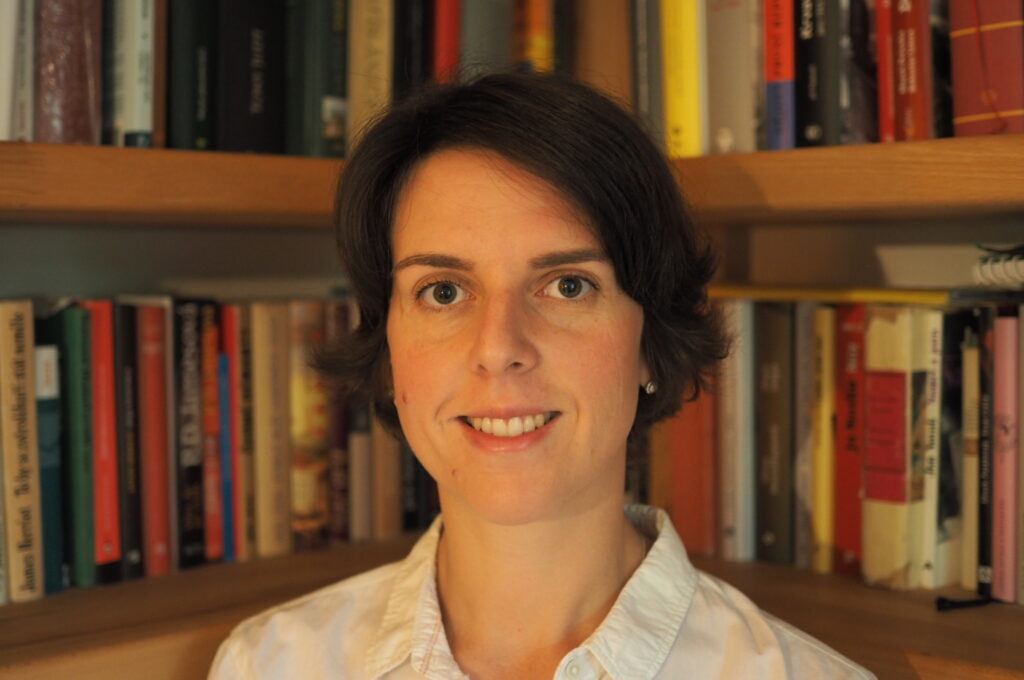
Tereza Juhászová
Tereza Juhászová is a Ph.D. student in Modern History pursuing a joint doctoral degree at the Charles University in Prague (CZ) and the University of Regensburg (GER). She is a lecturer in modern history of Central and Southeastern Europe and coordinator of the Malach Center for Visual History at Charles University. Her research focuses on the microhistories of Central Europe, emphasizing the national, ethnic, religious, social, and gender dynamics within urban spaces in the mid-20th century. Within MEMORISE, she acts as one of the representatives of the Malach Center for Visual History.

Martin Kaltenböck
Martin Kaltenböck (M) studied communication science, psychology, and marketing at the University of Vienna. He is co-founder and managing partner of the Semantic Web Company and as CFO responsible for financial, legal, and organizational issues. Furthermore, he leads and works in several national and international research, industry, and government projects – mainly in the areas of project management, requirements engineering, and communication & community activities.
He is a tutor and publishes in the fields of semantic data-, information & knowledge management, Linked (Open) Data as well as Open (Government) Data and Knowledge Graphs. He is a lecturer at national and international conferences and business events on the mentioned topics.
Martin has been a Certified Management Consultant since 2006, a Member of the Advisory Council of the Open Knowledge (Foundation, UK), and an invited expert of the governmental Cooperation OGD Austria. He is working as an invited expert of W3C and is a member of the Steering Board of the European Data Forum (EDF/EBDVF) that he chaired in Athens in 2014. Furthermore, Martin is a Member of the permanent advisory board of the SEMANTiCS (https://www.semantics.cc) conference series.

Richard Khulusi
Dr. Richard Khulusi has studied and worked in computer science at Leipzig University. During this time, he has been conducting research at the interface of computer science and traditional humanities, investigating how computer scientists can support humanities researchers in their daily work in a non-intrusive and user-centered way. In addition to his work with the Musical Instrument Museum at the University of Leipzig, he also worked on the visualization of diaries of former concentration camp prisoners in Bergen-Belsen. For the MEMORISE project, he started working at the Bergen-Belsen Memorial and concentrated on tasks like Social Media and connecting digital approaches with the traditional tasks aspects of daily memorial work.
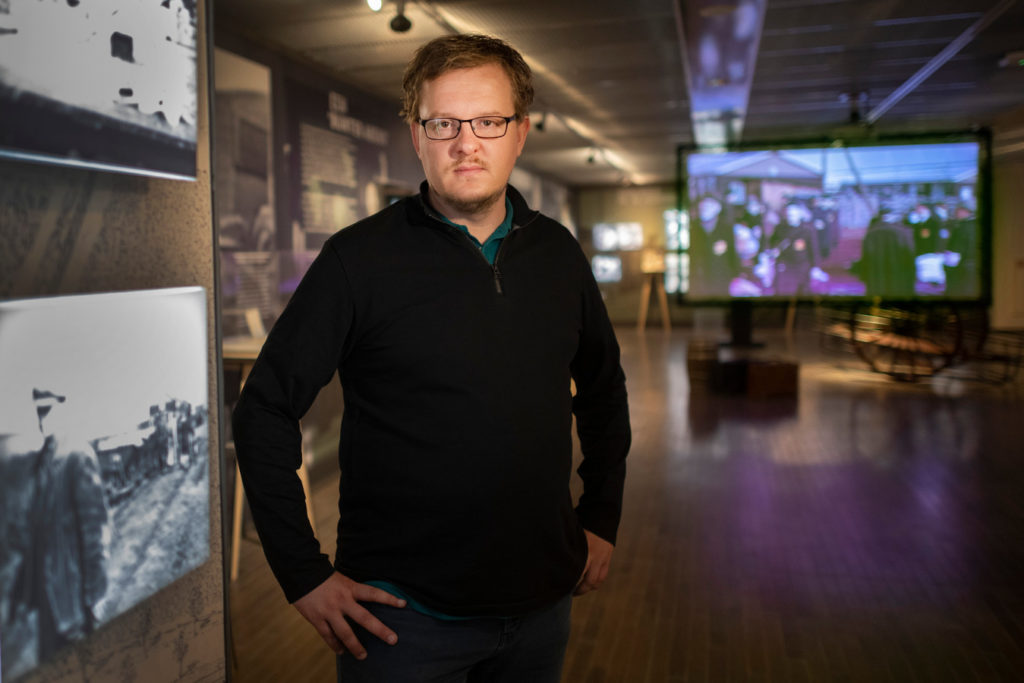
Bas Kortholt
Bas Kortholt (1982) studied history at the University of Groningen (RUG). Kortholt has put together several large temporary exhibitions at the Memorial Centre Camp Westerbork – where he has been working since 2006 – amongst others the exhibition The Memory of Camp Westerbork, winner of the EU Heritage Grant Award in 2022. Kortholt has also been initiator and representative, on behalf of the Memorial Centre, in multiple international collaborative projects, amongst others the EU Creative Europe project Houses of Darkness (2020 – 2023), focusing on contested European memories, and the European scientific interdisciplinary research EU Horizon consortium iC-ACCESS (2015 -2019). As of November 2020, Kortholt is one of the Dutch experts in the International Holocaust Remembrance Alliance (IHRA).
Within MEMORISE Kortholt acts as the representative of the Memorial Centre Camp Westerbork.

Héctor Lopez Carral
Héctor López Carral is a technical coordinator at Eodyne Systems, managing the research and development activities in projects about digital cultural heritage and digital health. He holds a PhD on intelligent and interactive systems, integrating knowledge from neuroscience and artificial intelligence.
Within MEMORISE, his work is mainly focused on the Virtual Environment, managing the creation of 3D virtual visualizations of relevant historical environments including enriched interlinked geospatial metadata. He also contributes to the Individual Experience Framework, developing methods to personalize the experience for each user of the system.

Edwin van Meerkerk
Edwin van Meerkerk is professor of Cultural Education at Radboud University in Nijmegen, the Netherlands. His research focuses on both practices and policy of arts and cultural education and the collaborations between schools and cultural institutions. Besides, he works on education for sustainability in Higher Education. He is professor by special appointment of Social and Cultural Sustainability at ArtEZ University of the Arts. Within Memorise, he co-supervises the PhD project of Aliisa Råmark on user experience and HNP education.

Pavel Pecina
Pavel Pecina is an Associate Professor working in the area of computational linguistics, natural language processing, and related fields at the Institute of Formal and Applied Linguistics, Faculty of Mathematics and Physics, Charles University, Prague, Czech Republic.
His research interests include machine translation, information retrieval and extraction, and multimodal data interpretation. He has been working on natural language processing methods applied to HNP-related data for more than 20 years and his first experience is linked to the MALACH project (2002-2006) (Find out more about the MALACH Project).
In Memorise, Pavel is leading WP3 aiming to develop services for knowledge extraction via semi-automated, AI-based services to process HNP resources in multiple languages to extract relations through automated tagging and to support creating individualized experiences of virtual and on-site visitors.
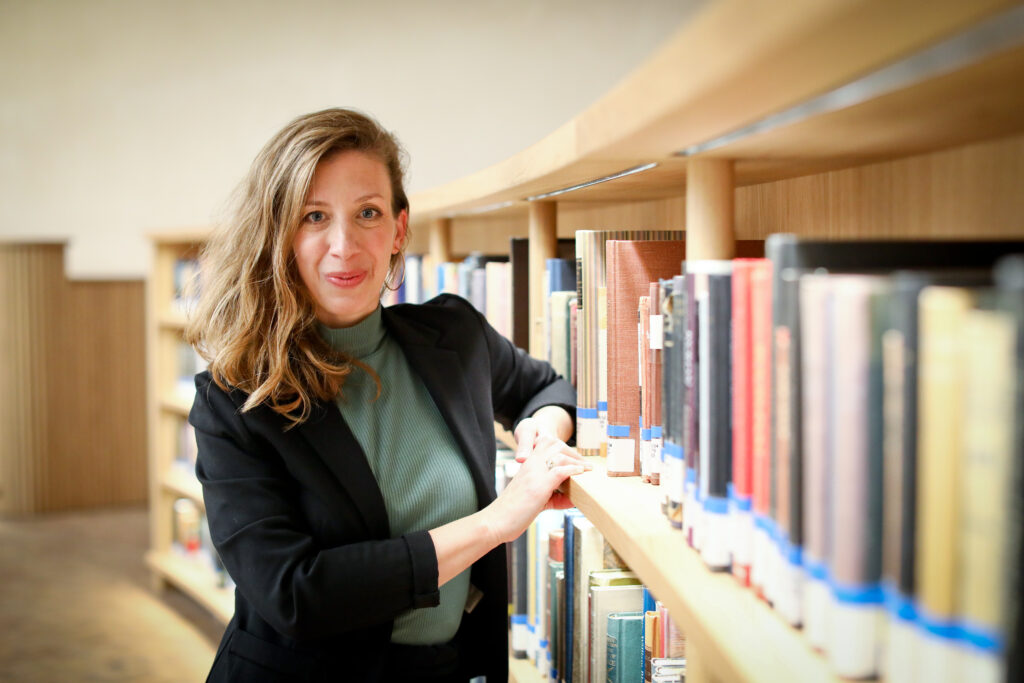
Esther Rachow
I am a PhD candidate at the European Forum of the Hebrew University of Jerusalem where I am researching new paradigms of Holocaust education in the digital age. I studied Public History at the Freie Universität Berlin focusing on how contemporary history is communicated and received in the public sphere. I have many years of experience in developing and implementing curricula in the field of Holocaust education and I am a senior guide, educator, and lecturer at the International School for Holocaust Studies at the World Holocaust Remembrance Center Yad Vashem in Jerusalem.
Within MEMORISE, I mainly focus on evaluating and developing digital pedagogical methodologies. Particularly regarding the definition of educational and ethical guidelines for dealing with the heritage of Nazi persecution and new technologies.
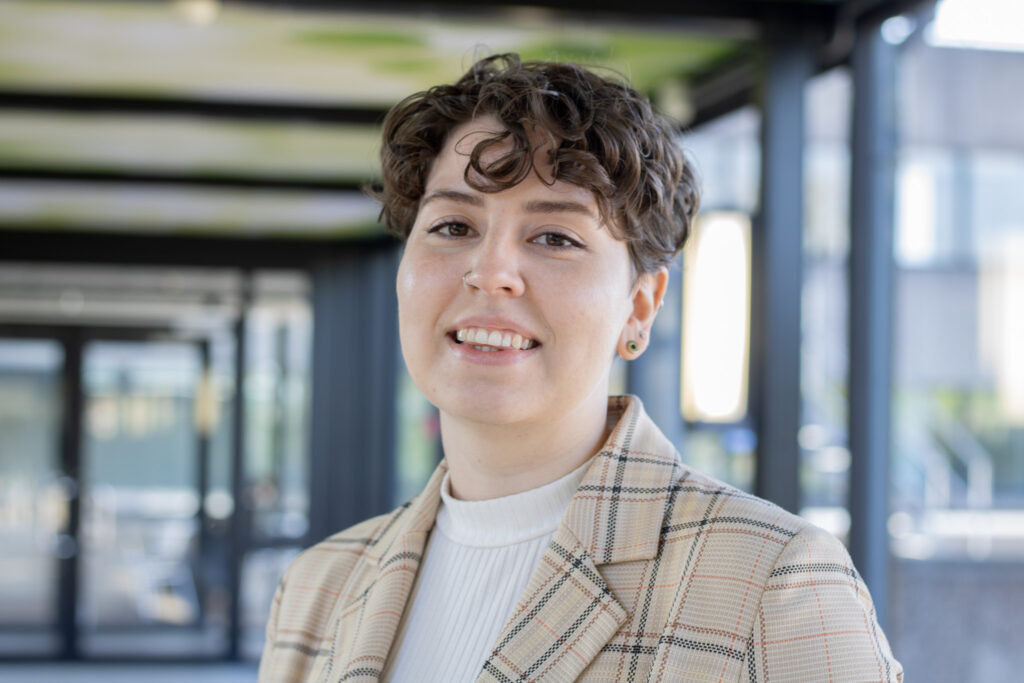
Aliisa Råmark
Aliisa Råmark is a PhD candidate at the Radboud University within the Radboud Institute for Culture and History (RICH). She has a Master of Science in Conservation from the University of Gothenburg and has oriented herself in the digital conservation and heritage field, analyzing the opportunities and challenges of implementing digital tools, such as XR technology, into heritage sites. Her research focuses on studying novel methods that improve the accessibility, education, and democratization of cultural heritage for the public.
Within MEMORISE, Aliisa is mainly focused on defining the explicit indicators of individual user and group trials in WP5, and from the results, evaluating and comparing the effectiveness of online and on-site virtual user interfaces for educating HNP.
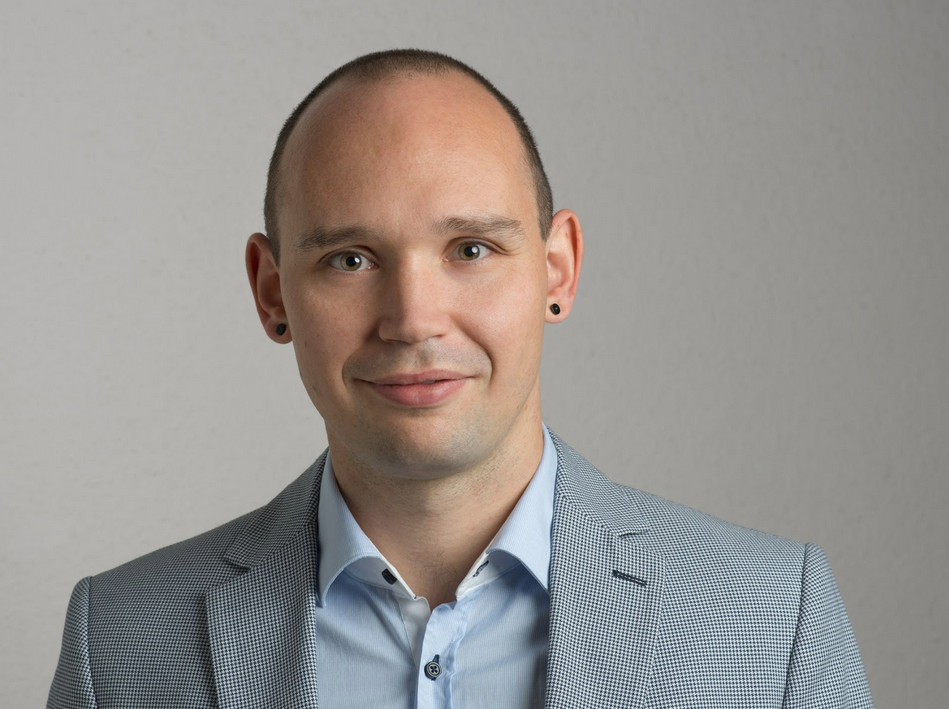
Artem Revenko
I am working as Director of Research at Semantic Web Company. Previously I obtained a Ph.D. from TU Dresden and TU Vienna in the domain of computational logic.
I am working in the intersection of Semantic Web and Machine Learning. I am interested in applications and methods that use formalized knowledge (for example, Wikidata) to enhance NLP and, vice versa, use Machine Learning to extract and expand knowledge bases.
SWC leads WP2 and 4 tasks in this WP. Content-wise we focus on data modeling and management as well as processing natural language.
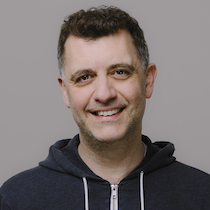
Kasra Seirafi
Kasra Seirafi is founder and CEO of Fluxguide. He works on digital innovations for culture, tourism, smart cities, and e-learning. He provides 20+ years of experience in the areas of industry and research.
His professional experience includes international projects in Europe, the US, Middle America, the Middle East, and China. He has been leading several international projects and innovation activities with clients like e.g. the Kennedy Space Center (USA), British Telecom, Daimler, Porsche, Deutsches Technikmuseum, Virtuality Center (Saudi Arabia), Austrian Museum of Applied Arts (Vienna) or Gold Museum (Costa Rica).
Kasra Seirafi received his Ph.D. in Philosophy from the University of Vienna with research visits at Stanford University (USA). His academic experience covers years of research & lecturing at international universities. He participated in research projects in the areas of E-Learning, Knowledge Management, Creative Industries, Knowledge Management (Systems), and Museum Education.

Paul Sommersguter
Paul Sommersguter studied Media Informatics at the Vienna University of Technology, specializing in design. He is an experienced user experience designer with over 10 years of hands-on expertise in analyzing, conceptualizing, crafting, and delivering innovative digital projects and services, including work at design agencies and the Austrian National Library. As a versatile team player, he values interdisciplinary collaboration with clients and project partners. He enjoys contributing to environments where innovative concepts take shape.
In MEMORISE, he is responsible for designing both the Mobile Companion App and the Distant Learning Platform, ensuring these tools provide an engaging, user-friendly experience that effectively supports the project’s educational objectives.

Cathrin Steiner
I studied English Linguistics at the University of Vienna and am currently deepening my knowledge in the field of Computer Science as part of my Master’s degree at the University of Bath. With almost 10 years of experience in the arts and cultural sector, I have extensive knowledge in arts administration and international project work. I enjoy building the bridge between the technical and cultural field and like finding innovative solutions. For the MEMORISE Project, I work as a Project Manager and in conceptualising the methods and structure of both the Mobile Companion App and the Distant Learning Platform.
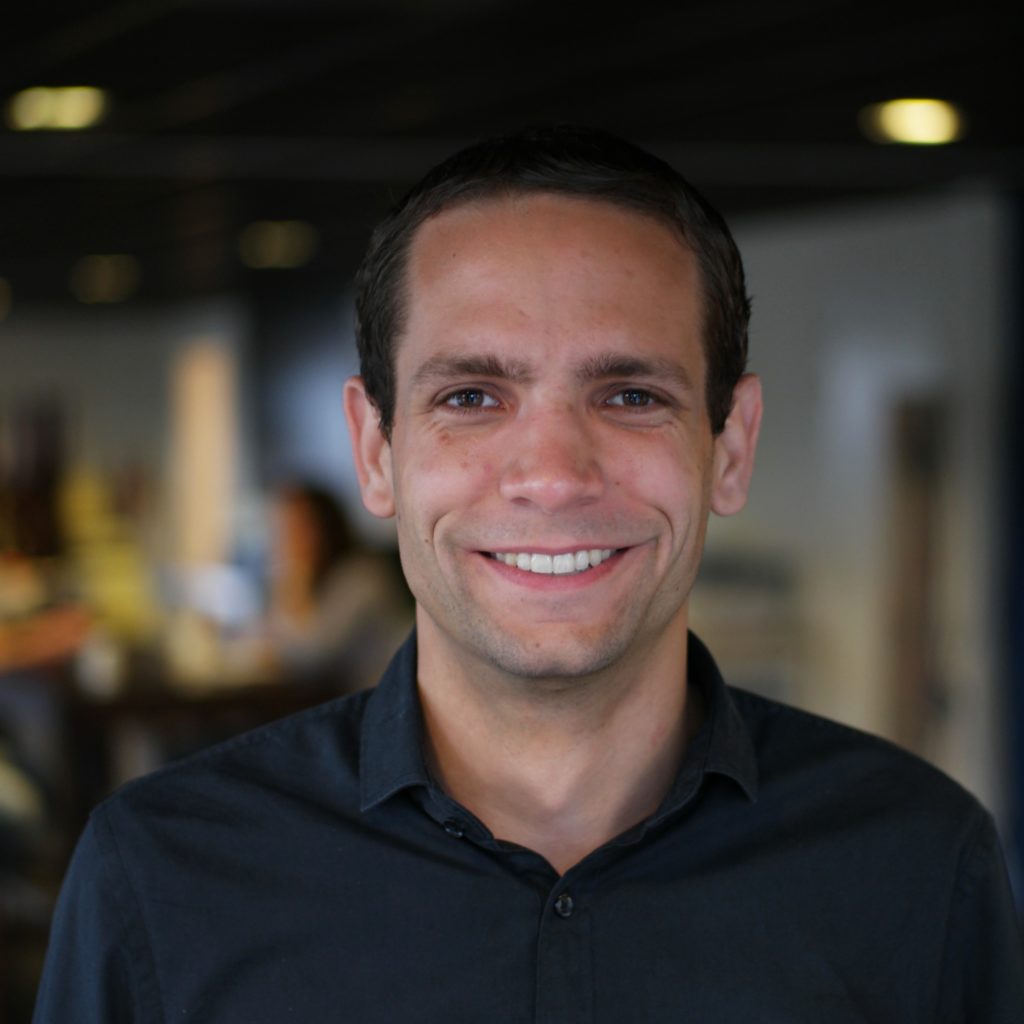
Frank Uiterwaal
I am an information analyst for the Collections & Services Department at NIOD Institute for War, Holocaust, and Genocide Studies (NIOD). In this role, I am in charge of the processes, digital infrastructure, and services that are needed to sustainably preserve and provide access to NIOD’s collections. I am also active as a work package leader for the European Holocaust Research Infrastructure (EHRI) in the EHRI-PP project. Within the topics of Finance, Governance, and Sustainability, I contribute to the transformation of the EHRI project into a permanent large-scale scientific infrastructure. Furthermore, I am actively involved in the work packages Impact, Innovation & Sustainability, and Connecting Micro-Archival Communities and Standards in the neighboring project EHRI-3.
In the MEMORISE project, I represent NIOD, primarily in WP3 on data integration

Camilla Vang Østergaard
I am a Ph.D. student at the Department of Mathematics and Computer Science at the University of Southern Denmark (SDU) and I hold an M.Sc. degree in Data Science from SDU as well.
My Ph.D. in visual interface design has a particular focus on cultural heritage and the heritage of Nazi persecution.
In MEMORISE, I am primarily involved in WP6, which deals with visualization, narration, and learning.

Luca Verschure
I am a 3D modeler specializing in creating immersive and interactive visual environments for applications in health technology, education, and digital heritage. Currently, I work at the Future Memory Foundation, where I develop high-fidelity 3D models for projects that integrate technology and cultural heritage preservation.
With a strong background in psychology and human factors engineering, I bring a user-centric approach to 3D modeling, ensuring that virtual environments are both visually compelling but at the same time efficient. My academic and professional journey reflects a deep commitment to leveraging technology for behavior change and education, including my master’s in Health Psychology and Technology and prior research in virtual reality and robotics. In the MEMORISE project, I focus on creating immersive environments that are highly usable and lightweight, ensuring seamless integration across all applications.

Paul Verschure
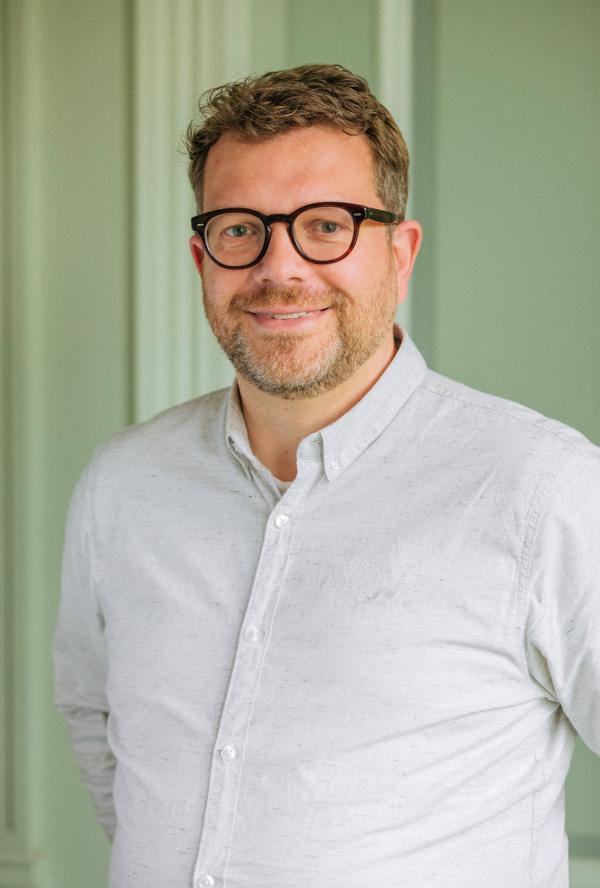
Victor-Jan Vos
Victor-Jan Vos is head of Collections and Services at the NIOD Institute for War, Holocaust, and Genocide Studies in Amsterdam, an institute of the Royal Netherlands Academy of Arts and Sciences. He is responsible for all collection upkeep, development, and access, both online and in the NIOD’s reading room. Victor-Jan studied Media Studies in Amsterdam.
Project Management
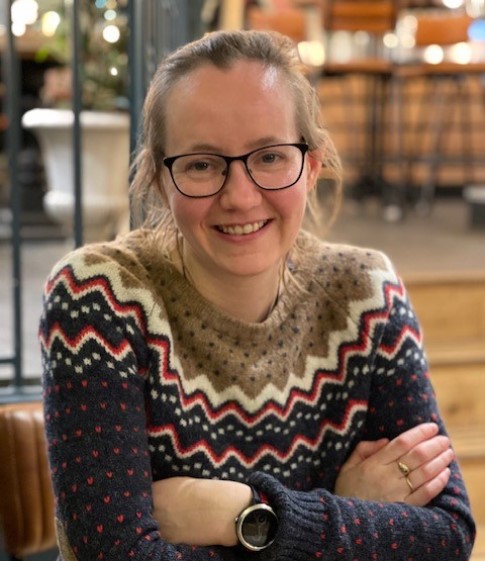
Former Researchers
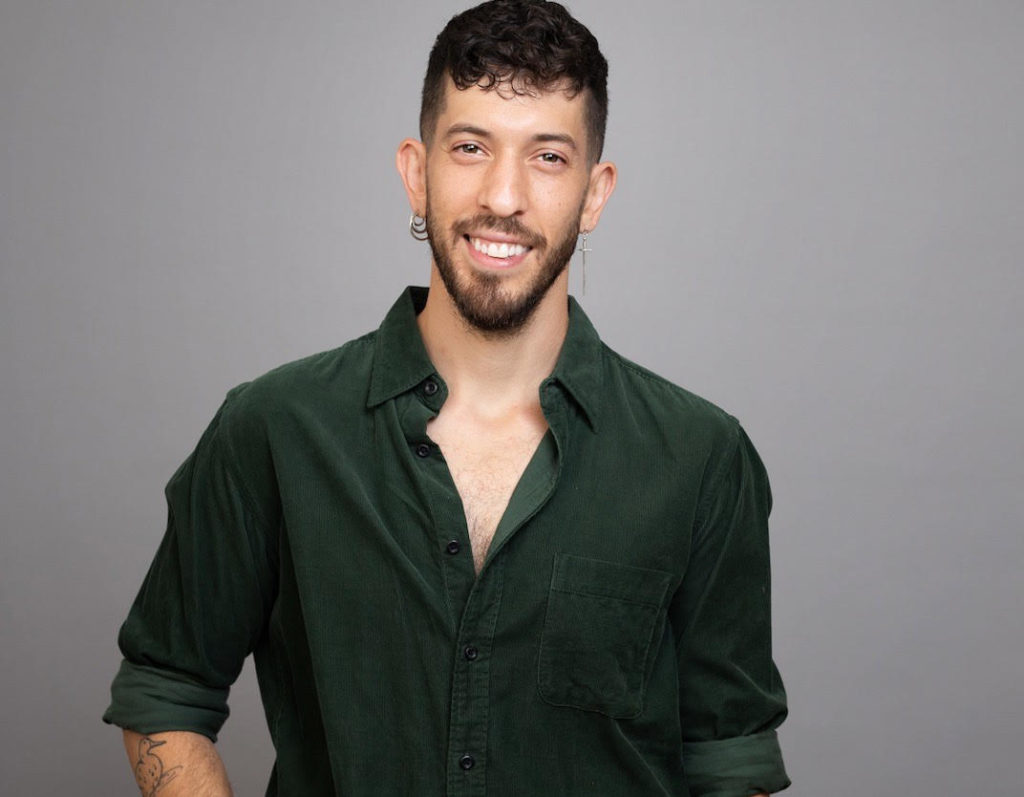
Tom Divon
Tom Divon is a Ph.D. student in the Department of Communication at the Hebrew University of Jerusalem. Divon’s research focuses on social media, education, and mixed methods (semi-structured interviews and group discussions). He explores TikTok’s social-political playful cultures in three key areas: (1) users’ engagements with the Holocaust and history-related commemoration and education, (2) users’ performative combat in antisemitism and religion-based community building, and (3) users’ affective activism manifested with the use of Palestinian and Israeli TikTokers in memetic practices for playful content creation in times of conflict.
My passion for the project is the evaluation process in which we conduct user trials to evaluate the usability of the virtual environments, the search infrastructure, and the suitability of individualized experiences. Also, in developing a social media concept to integrate general public user feedback and evaluate the effectiveness of the social media concept towards making Heritage related to Nazi Persecution contents better accessible to young generations.
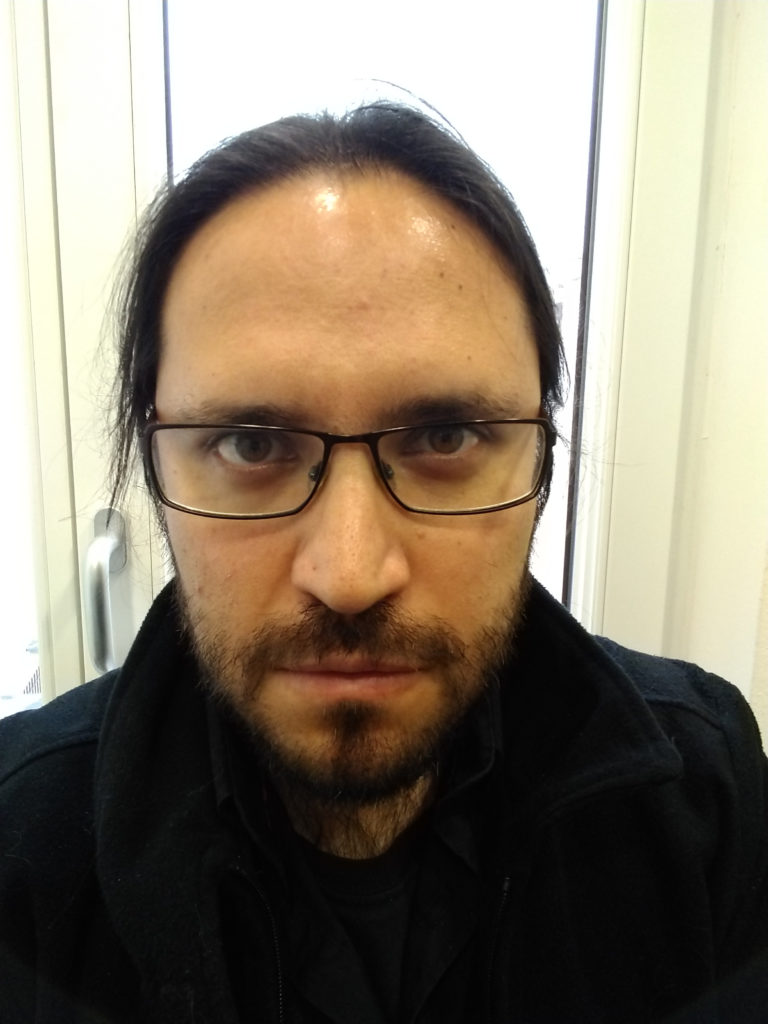
Victor Mireles
I am a researcher at Semantic Web Company, in the fields of natural language processing, semantic web, and metadata management. I hold a Ph.D. from Freie Universität Berlin, where I researched computational biology, and an M.Sc. in Computer Science from UNAM.
SWC leads WP2 and 4 tasks in this WP. Content-wise we focus on data modeling and management and processing natural language.
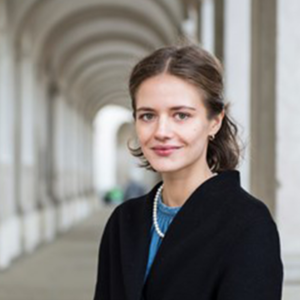
Karen Ornat
I am a doctoral student in the Department of Communication and Journalism at the Hebrew University of Jerusalem under the supervision of Prof. Christian Baden. I have a background in publishing and journalism and worked at a museum dedicated to Jewish life in Polish Galicia. My main research interests are the often latent stories we as collectives tend to tell about ourselves and others to make the present cohere with the past and imagine possible futures.
Within MEMORISE, I am working towards developing a social media concept.
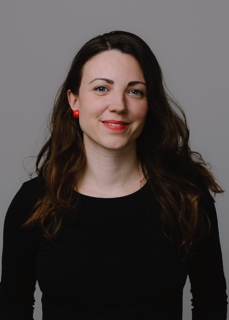
Linnéa Richter
I studied International Development (University of Vienna) and Digital Media and Society (Uppsala University, Sweden) with a focus on digital transformations in museums. I hold a professional background in education workshops and project management. In the last few years, I managed different projects in the cultural sector on gamified education and mediation of collections.

Noga Stiassny
I am a Research Associate at The European Forum of the Hebrew University of Jerusalem. I hold a Ph.D. in Art History from Hamburg University, completed while being a Guest Researcher at the Amsterdam School for Heritage, Memory, and Material Culture at the University of Amsterdam. My doctoral thesis explores the role of Holocaust landscapes in Israel’s collective mindscape, as well as how such “remembered” landscapes are represented in contemporary Israeli art. In recent years, I have worked on several large-scale Holocaust-related Digital Humanities projects, gaining critical knowledge on the digital curation of past atrocities and their later manifestation in the digital age. Standing at the intersection of visual- and art history, memory studies, and the Digital Humanities, with a special focus on the representation of traumatic heritage and memory, my work has been published in various peer-reviewed publications.
Within the MEMORISE project, I focus on the critical evaluation of existing digital approaches to deal with the heritage of Nazi persecution in particular regarding conceptual and ethical questions.


